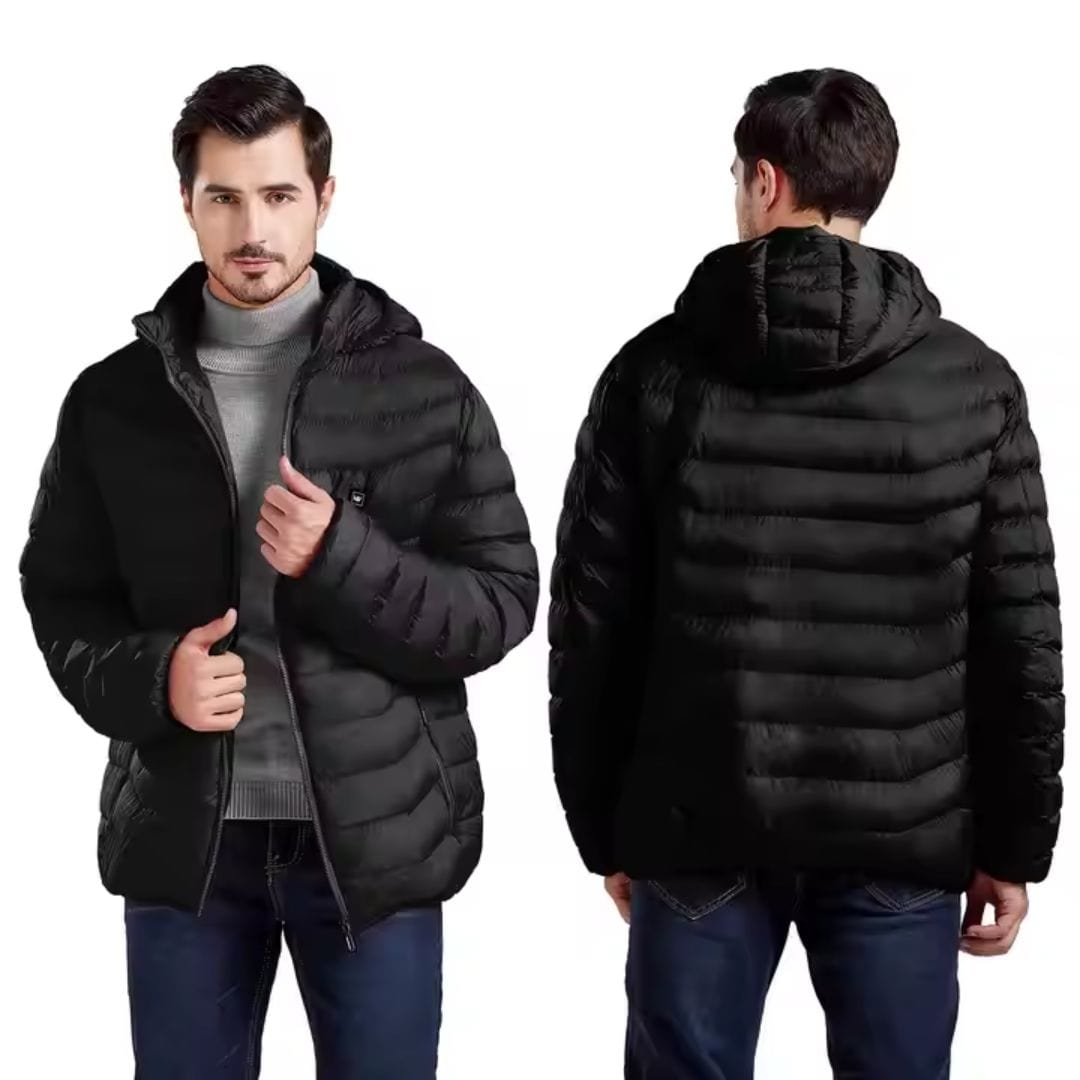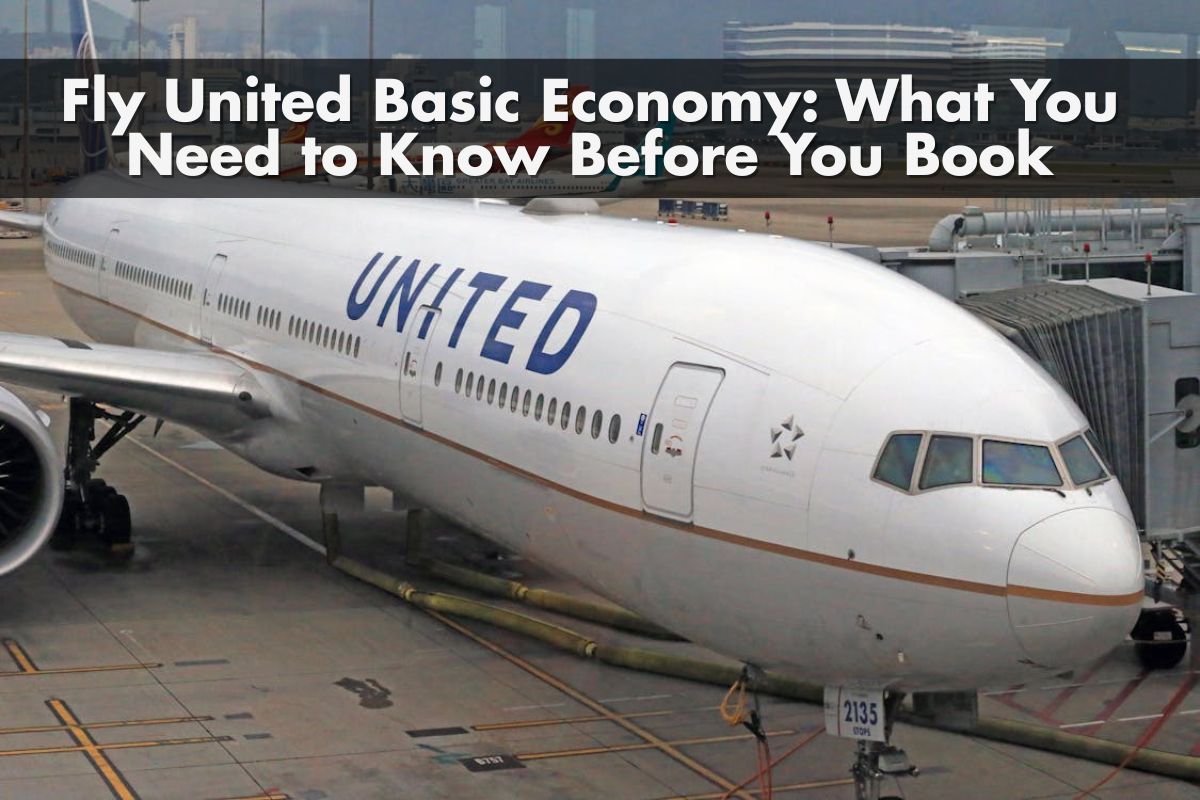Flying on a budget often comes with trade-offs, and United Airlines' Basic Economy is no exception. Designed to compete with low-cost carriers, this fare option offers lower prices but with some of the most restrictive rules in the skies.
With Basic Economy, you'll need to pack light as only one personal item is allowed, and carry-on bags come with an extra fee. Seat selection isn’t guaranteed unless you're ready to pay, and you'll board last. While the savings can be appealing, navigating these limitations can feel like a challenge.
So, is it worth it? If you're prepared to embrace the restrictions and prioritize savings over comfort, United's Basic Economy might be a practical choice. Let’s dive deeper into what you can expect and how to make the most of it.
What is Basic Economy?
Basic Economy is United Airlines' most affordable fare option. It provides a cost-saving alternative for travelers willing to forgo certain benefits and conveniences associated with higher fare classes. This ticket includes a random seat assignment and permits only one small personal item, such as a backpack or a handbag, that fits under the seat. Larger carry-on bags require checking for an additional fee, and upgrades or changes to the ticket are not allowed.
Passengers booking Basic Economy board in the final group, further limiting overhead bin space availability. Seat selection is restricted unless an additional fee is paid, often leading to middle seat assignments. Despite these limitations, Basic Economy grants access to amenities like seatback screens and complimentary snacks on domestic flights, ensuring some level of comfort.
This fare is beneficial if price is your top priority and you don't require added flexibility or extra baggage allowances. Understanding these restrictions helps you decide whether Basic Economy aligns with your travel needs.
United Basic Economy vs. Economy
United Basic Economy and Economy differ significantly in terms of flexibility and amenities. Basic Economy offers the lowest fare among United's economy options but comes with restrictions that may affect your travel experience. In contrast, the standard Economy fare provides added benefits and flexibility.
Carry-On Policy
Basic Economy limits you to one small personal item that fits under the seat in front of you. A standard Economy ticket allows a full-size carry-on and personal item with access to the overhead bin. This difference is crucial for travelers bringing more baggage.
Seat Selection
Seat assignment in Basic Economy is random and provided during check-in unless you pay an additional fee to choose a seat. With a standard Economy ticket, you can select your seat for free during booking, giving you more control over your placement on the plane.
MileagePlus Earnings
Flying Basic Economy earns half the Premier Qualifying Points (PQPs) toward MileagePlus status compared to Economy tickets. Additionally, Basic Economy doesn’t earn Premier Qualifying Flights (PQFs), making it harder to achieve elite status.
Boarding Group
Basic Economy passengers board last, often resulting in limited space for baggage. Standard Economy passengers receive an earlier boarding group, ensuring easier access to overhead bin storage.
Ticket Flexibility
Changes or refunds aren’t allowed with Basic Economy. Standard Economy tickets offer more leniency depending on the fare type, including options for upgrades, changes, and cancellations.
A Basic Economy ticket may be cheaper, but it sacrifices flexibility and comfort compared to a standard Economy fare. Consider your priorities and travel needs when choosing between these options.
Best Personal Item Bag for United Basic Economy and Economy Flights
United's Basic Economy fare limits you to a single personal item that fits under the seat. The maximum dimensions allowed are 17 inches by 10 inches by 9 inches. Choosing a bag that meets these requirements is crucial to avoid additional fees or complications during your trip.
When selecting a personal item bag, prioritize functionality and compliance with size restrictions. Soft-sided duffle bags provide flexibility for packing and meeting size limits. Small backpacks and slim laptop bags are also practical choices for shorter trips or minimalist packing.
For international Basic Economy flights across the Atlantic or Pacific, in addition to a personal item, a standard carry-on bag with dimensions of 22 inches by 14 inches by 9 inches is permitted. Ensure compliance with the bag size to fully utilize this allowance.
To avoid last-minute inconveniences, double-check your bag's dimensions before heading to the airport. Use packing cubes or compression bags to maximize space in your personal item while keeping it neatly organized.
Is Basic Economy Worth It?
United's Basic Economy can be worth it if saving money outweighs the trade-offs you’ll face during your trip. This fare is ideal when you’re traveling light, don’t mind random seat assignments, and prioritize cost over convenience. On short domestic flights, where comfort matters less, the lower fare could be appealing.
However, the restrictions can make it less practical for longer journeys or travelers needing more flexibility. Basic Economy limits you to one small personal item (maximum dimensions: 17 inches x 10 inches x 9 inches). Carry-on bags incur extra fees on domestic routes, making standard Economy potentially a better choice if you require additional packing space.
Seat assignments in Basic Economy are often a drawback. You’re assigned a random seat, with no guarantee of avoiding middle seats unless you pay for a selection. This can be inconvenient if you’re traveling with family or prefer certain seat types. Additionally, boarding last increases the likelihood of limited space for your personal item under the seat.
The fare is more appealing for international routes, where a standard-sized carry-on is allowed alongside your personal item. This reduces some limitations, offering better value for cost-conscious travelers.
Consider the MileagePlus earning potential. While Basic Economy earns miles and partial elite status credits, it falls short compared to standard Economy fares. For frequent travelers pursuing elite status, this trade-off might not be worthwhile.
Basic Economy is worth it if budget constraints are your priority, and you can tolerate its restrictions. Understanding your travel preferences and requirements ensures that you make an informed choice.
United Basic Economy Review
United Airlines' Basic Economy fares attract budget-conscious travelers but come with strict restrictions and limited flexibility. Here's a detailed look at various aspects of the Basic Economy experience.
Booking
The booking process for United Basic Economy includes multiple steps to confirm your choice. United prompts you with pop-ups asking if you'd prefer a standard Economy fare. As much as it feels like United is discouraging Basic Economy, it reduces the risk of accidentally selecting a heavily restrictive fare. These confirmation steps ensure you're fully aware of what you're purchasing before checkout.
Miles
Earning miles on United Basic Economy is lower compared to standard Economy. For example, for a single flight, you might earn 535 base miles, no Premier qualifying points, and no Premier qualifying dollars. In contrast, a similar Economy ticket could earn 625 base miles, 1,846 Premier qualifying miles, and $125 in Premier qualifying dollars. For frequent flyers aiming for status or higher rewards, this difference can be a deciding factor.
Baggage Allowance
United Basic Economy passengers can only bring one personal item no larger than 17 inches by 10 inches by 9 inches. For a short trip, efficient packing is essential, as these dimensions require thoughtful selection of items. Commonly packed essentials for light travelers include small clothing items, a compact toiletry bag, chargers, and a water bottle. For longer trips or travelers who aren't light packers, this restriction may feel highly limiting.
Checking In
Online check-in with Basic Economy is typically unavailable unless you pay for a checked bag. If you're bringing only a personal item, you must check in at the airport to verify luggage size with a United agent. This process can be frustrating and time-consuming, as it often involves waiting for an agent’s assistance at a kiosk. Planning extra time for this step ensures you avoid delays.
Boarding & Departure
All Basic Economy travelers board last. While this might sound inconvenient, it simplifies the experience because you don't need overhead bin space due to the lack of a carry-on bag. Boarding later means you have extra time before getting to the queue, allowing you to relax or grab food at the terminal without stress.
The Flight
The in-flight experience closely mirrors regular Economy, with the same standard seats, complimentary drinks, and entertainment. Seat assignments are random unless purchased, so arrangements next to companions aren’t guaranteed. Ending up in a middle seat or near the restroom is common. If you're lucky, you might snag a more desirable spot, but the unpredictability is part of the trade-off when choosing Basic Economy.
Related Articles
Conclusion
United’s Basic Economy can be a smart way to save money if you’re prepared to navigate its restrictions. It’s best suited for light packers, short trips, or budget-conscious travelers who don’t mind sacrificing flexibility and convenience. By understanding the fare’s limitations and planning accordingly, you can avoid surprises and make the most of your travel experience. Always assess your needs and priorities to determine if Basic Economy aligns with your travel goals.















